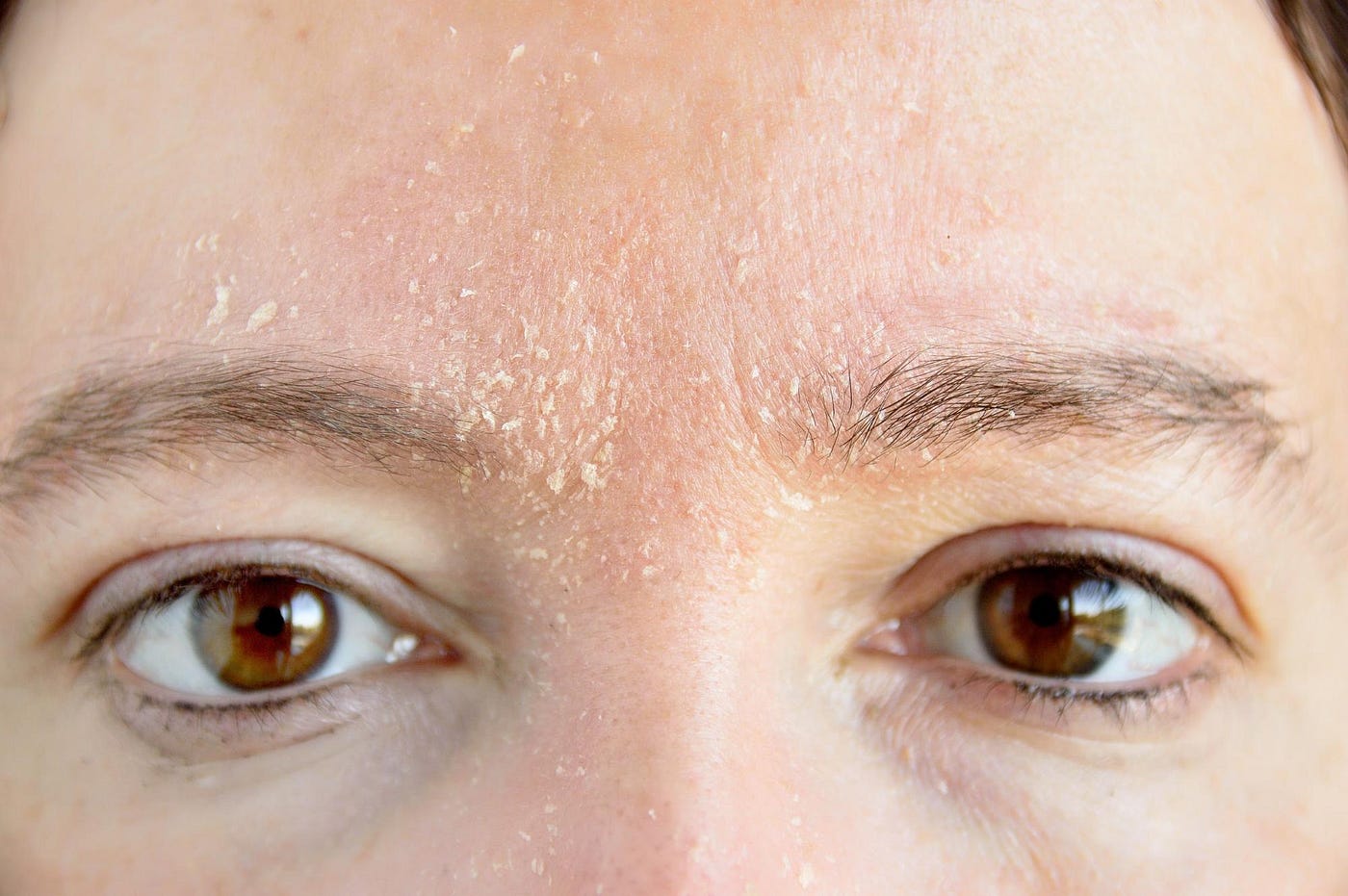Important Points
- Introduction
- Understanding Dry Skin
- Common Causes of Dry Skin
- Signs and Symptoms
- The Impact of Dry Skin
- Skin Care Tips a. Hydration Is Key b. Choosing the Right Moisturizer c. Avoiding Hot Water d. Gentle Cleansing e. Humidifiers
- Lifestyle Changes a. Diet and Hydration b. Proper Clothing
- Dry Skin and Seasonal Changes
- When to See a Doctor
- Over-the-Counter Remedies
- Prescription Treatments
- Natural Remedies
- Prevention Tips
- Conclusion
- FAQs
Introduction
Dry skin is a common dermatological issue that many individuals experience at some point in their lives. This article will provide an in-depth look at the symptoms and signs of dry skin, the potential causes, and various methods to alleviate and prevent this condition.
Understanding Dry Skin
Dry skin, medically known as xerosis, occurs when your skin lacks sufficient moisture or natural oils. The skin’s outer layer, the epidermis, acts as a barrier, preventing excessive loss of water from the body and protecting against environmental irritants. However, when this barrier is compromised, it can lead to dry skin.
Common Causes of Dry Skin
Several factors can contribute to the development of dry skin, including:
- Age: Aging skin tends to produce fewer natural oils, making it more prone to dryness.
- Weather: Cold and dry climates can strip the skin of moisture.
- Hot Showers: Prolonged exposure to hot water can deplete the skin’s natural oils.
- Harsh Soaps: Using strong detergents or soaps can disrupt the skin’s moisture balance.
- Medical Conditions: Certain medical conditions like eczema and psoriasis can lead to dry skin.
Signs and Symptoms
The signs and symptoms of dry skin can vary from person to person, but common indicators include:
- Itchiness
- Redness
- Flaking or peeling
- Rough or ashy texture
- Cracks or fissures
- Fine lines or wrinkles
The Impact of Dry Skin
Dry skin can be uncomfortable and, if left unaddressed, can lead to more severe complications. It can exacerbate conditions like eczema and make the skin more vulnerable to infections.
Skin Care Tips
To alleviate and prevent dry skin, consider the following tips:
- Hydration Is Key: Drinking an adequate amount of water helps maintain skin hydration. b. Choosing the Right Moisturizer: Use a moisturizer that is appropriate for your skin type. c. Avoiding Hot Water: Take shorter, lukewarm showers to prevent moisture loss. d. Gentle Cleansing: Use mild, fragrance-free cleansers to avoid irritating the skin. e. Humidifiers: Adding a humidifier to your living space can increase indoor humidity, which is beneficial for your skin.
Lifestyle Changes
- Diet and Hydration: Consume foods rich in essential fatty acids and stay hydrated. b. Proper Clothing: Wear breathable fabrics to prevent excessive moisture loss.
Dry Skin and Seasonal Changes
Dry skin can worsen in the winter due to the low humidity levels and cold temperatures. Adjust your skincare routine accordingly during different seasons.
When to See a Doctor
If your dry skin is severe, persistent, or accompanied by open sores, it’s advisable to consult a dermatologist for a proper evaluation and treatment.
Over-the-Counter Remedies
Over-the-counter moisturizers, creams, and ointments can help manage mild dry skin.
Prescription Treatments
In cases of severe dry skin, a doctor may prescribe medicated creams or ointments.
Natural Remedies
Some natural remedies, such as coconut oil and oatmeal baths, can provide relief for dry skin.
Prevention Tips
To prevent dry skin, maintain a healthy lifestyle, and follow a consistent skincare routine. This includes using a gentle cleanser, a moisturizer, and protecting your skin from extreme weather conditions.
Conclusion
Dry skin can be a bothersome condition, but with proper care and prevention, you can alleviate its symptoms and maintain healthy, hydrated skin. By understanding the causes and adopting good skincare habits, you can keep your skin looking and feeling its best.
FAQs
- Is dry skin a serious medical condition?
- Dry skin is generally not serious, but it can lead to discomfort and more severe complications if left untreated.
- Can dry skin be genetic?
- Yes, genetics can play a role in determining your skin type and its susceptibility to dryness.
- What role does diet play in preventing dry skin?
- A diet rich in essential fatty acids and hydration is essential for maintaining skin health.
- Are there any long-term effects of untreated dry skin?
- Untreated dry skin can lead to more pronounced signs of aging, like fine lines and wrinkles.
- How often should I moisturize to prevent dry skin?
- Moisturizing at least once or twice a day, especially after bathing, is recommended to prevent dry skin.


Leave a comment
Your email address will not be published. Required fields are marked *